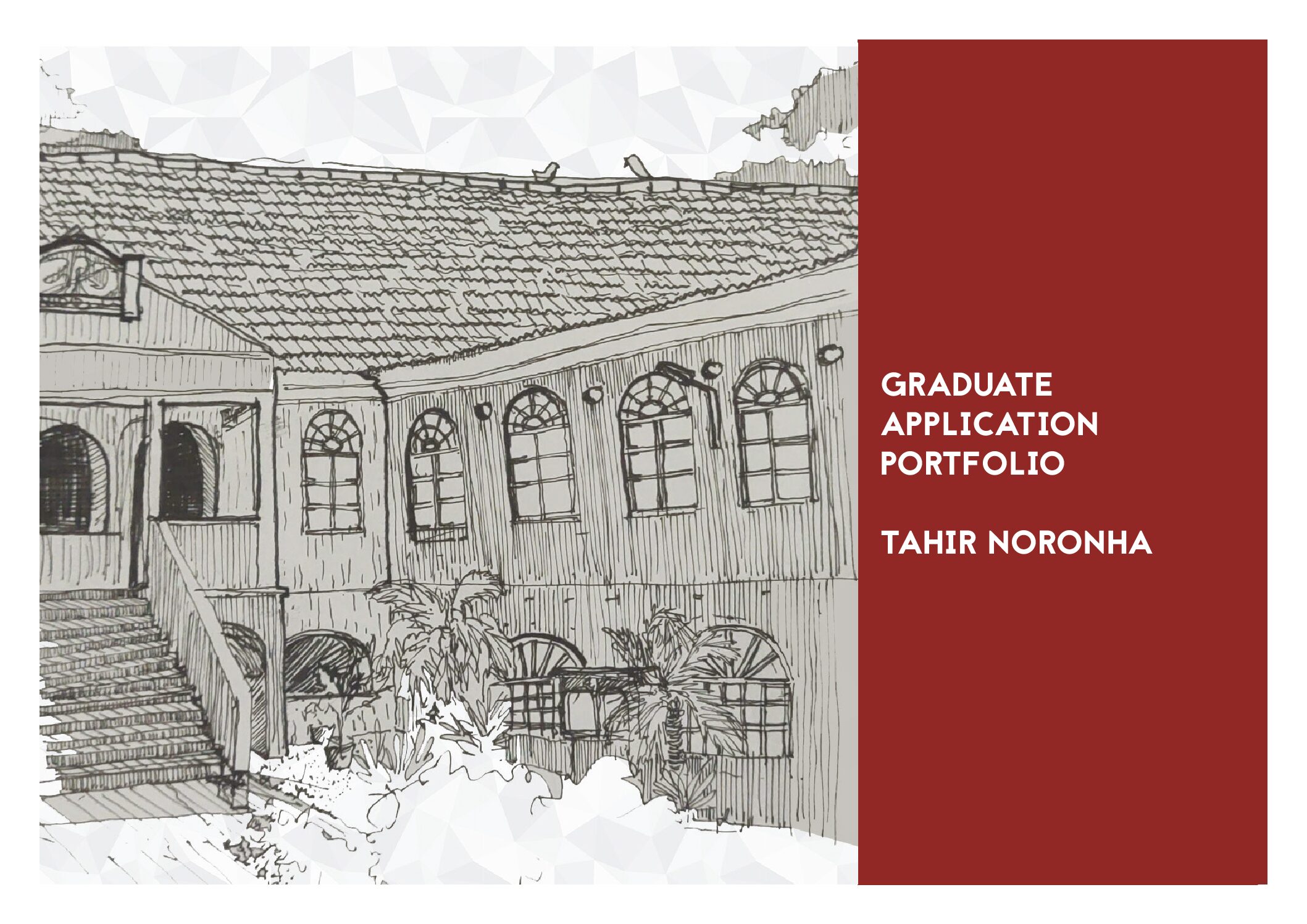this op-ed first appeared in the Wednesday, 31 May issue of Dainik Gomantak in Marathi.
The recent attempts to amend the Land and Building Regulations (GLDBCR) caused serious concern from civil society across Goa. It also resurrected longstanding suspicions in the actions and agendas of the Town and Country planning department. These concerns are not unwarranted, as the lack of transparency and data in the decision-making process is troubling. Despite detailed deliberations on the amendments all the way back in 2021, the department did not disclose the reasoning for them in the notifications of September 2022 or May 2023. It is possible that some of the reasons come from genuine issues with the restrictions in the Regional Plan. However, it is difficult – no impossible – to debate the legitimacy of the reasoning when there is no data or studies supporting them. Some amendments were submitted by ministers in the cabinet, they had all the powers of the state to commission studies that to back up what they were saying. Yet it was not done. This represents a lethargy in the department that is not in line with the core principle of planning – forecasting ahead.
Planning is a forward-looking profession. It has two objectives: ensuring that development leads to economic growth for all sections of society in the immediate future – we generally look at a 10 to 20 years horizon” – and keeping space for future generations to develop when their time comes. Permitting on the other hand is a backward-looking task, a secondary enforcement measure to ensure that development aligns with the plan. In my experience working for the government in the US, planners dedicate minimal time to permitting. Most of our work is dedicated to studies and analysis; making arguments to revise the zoning or regulations in an existing plan. In the case of the GLDBCR the state deliberately chose to amend the permitting process over revising the plan. Consequently, the draft amendments contradicted the plan, permitting uses that the plan did not envision. Because the projected outcome was permitting, the government did not see the need to argue for its actions.
Society is constantly evolving, and plans made for a certain vision may get outdated and need revisions before their stipulated horizon. The benefit of revising the plan is that the government has a burden of proof to study and justify the revisions. The GLDBCR amendments absolved the government of that responsibility, leaving it to civil society to find out the motivations for the amendments, and then independently study and support or critique them. The entire process led to chaos and furthered distrust. It is crucial to address the lessons learned from this exercise and work toward a better tomorrow. To regain trust and ensure responsible planning, the department should embrace transparency by providing clear justifications and supporting data for any future amendments. Additionally, a comprehensive revision of the existing plans should be undertaken, following the planning process to address legitimate issues and make necessary revisions in consultation with the data and stakeholders. By adopting a more forward-looking approach, the planning department can fulfill its role in guiding sustainable and inclusive development for the benefit of present and future generations.




